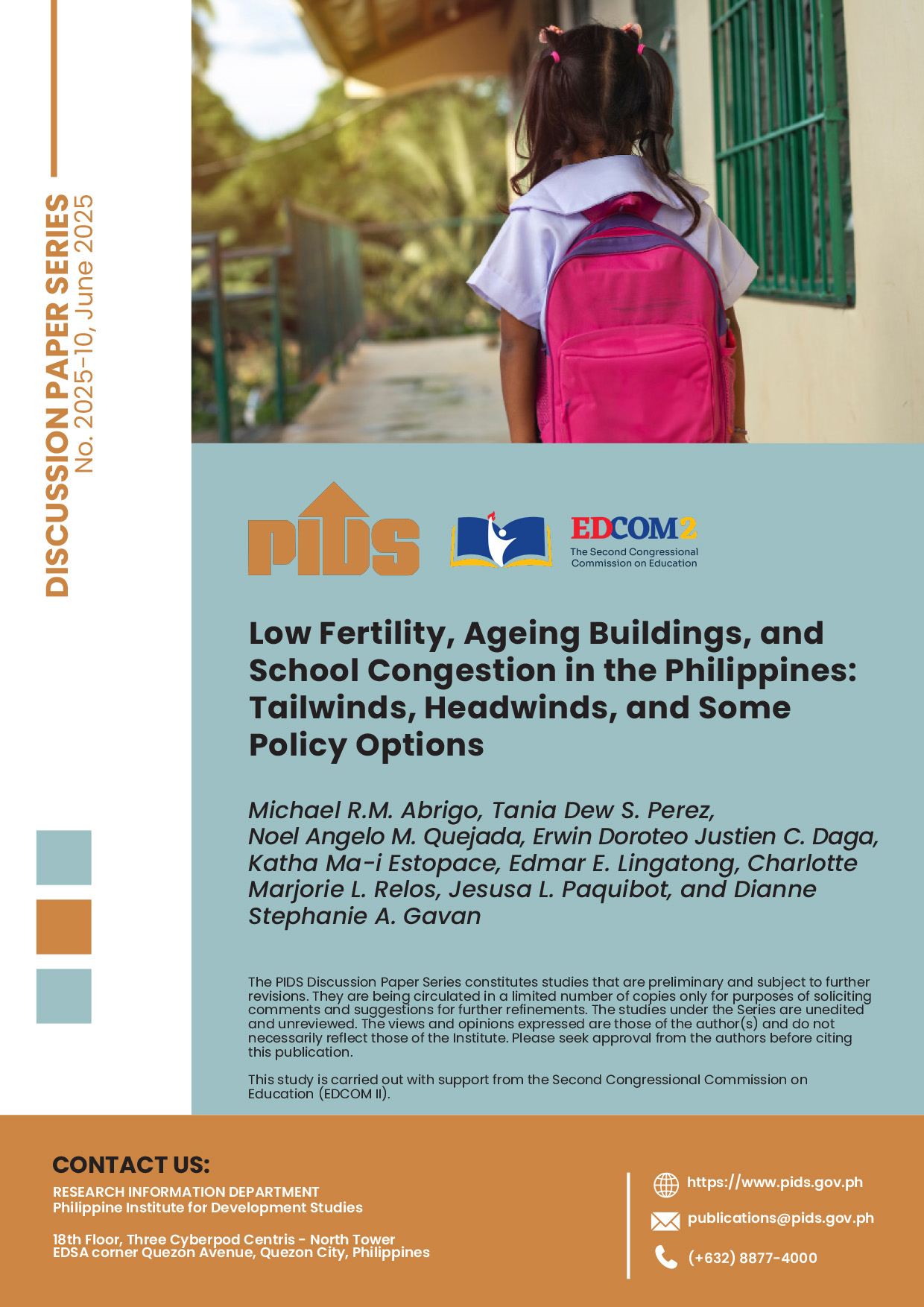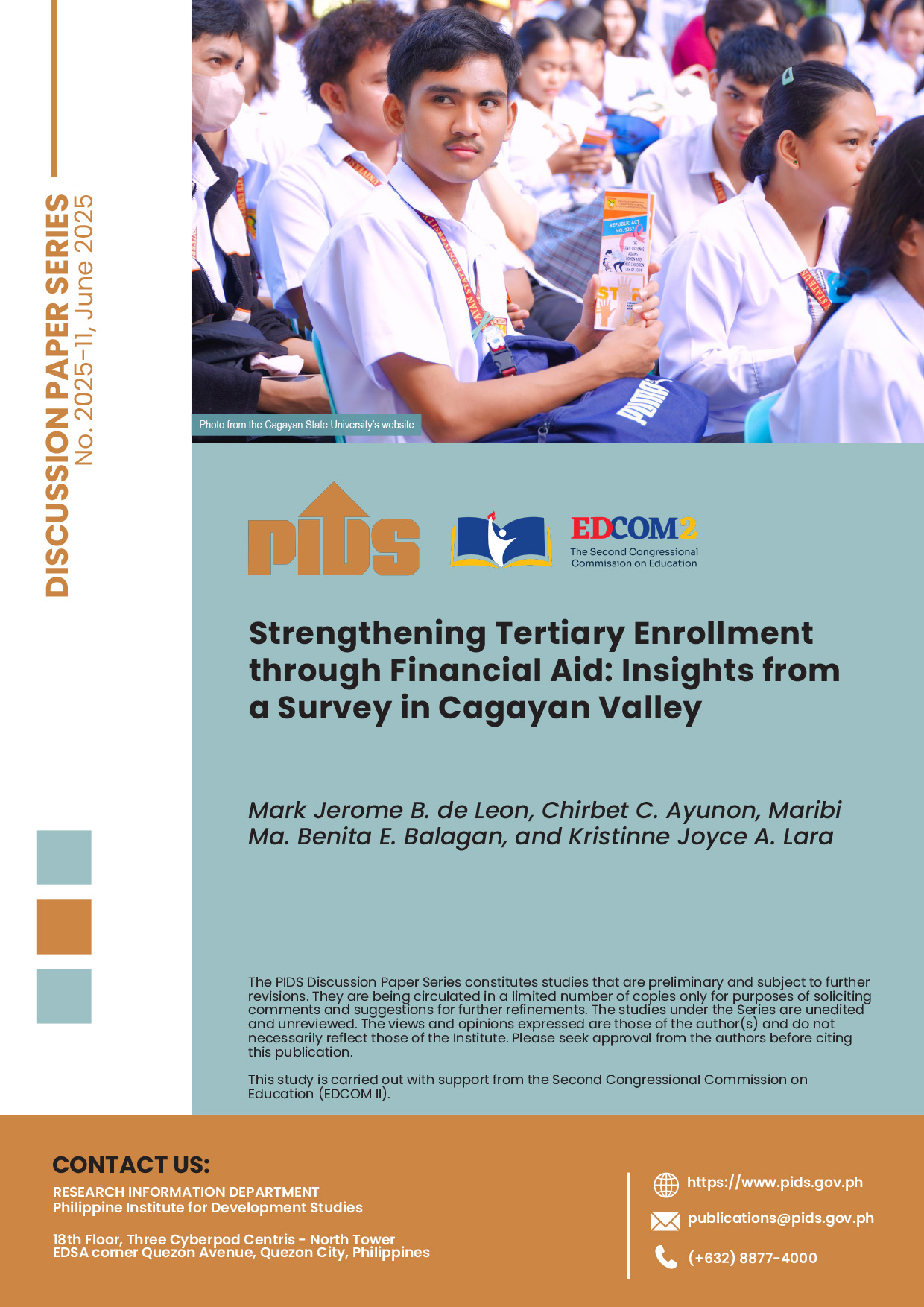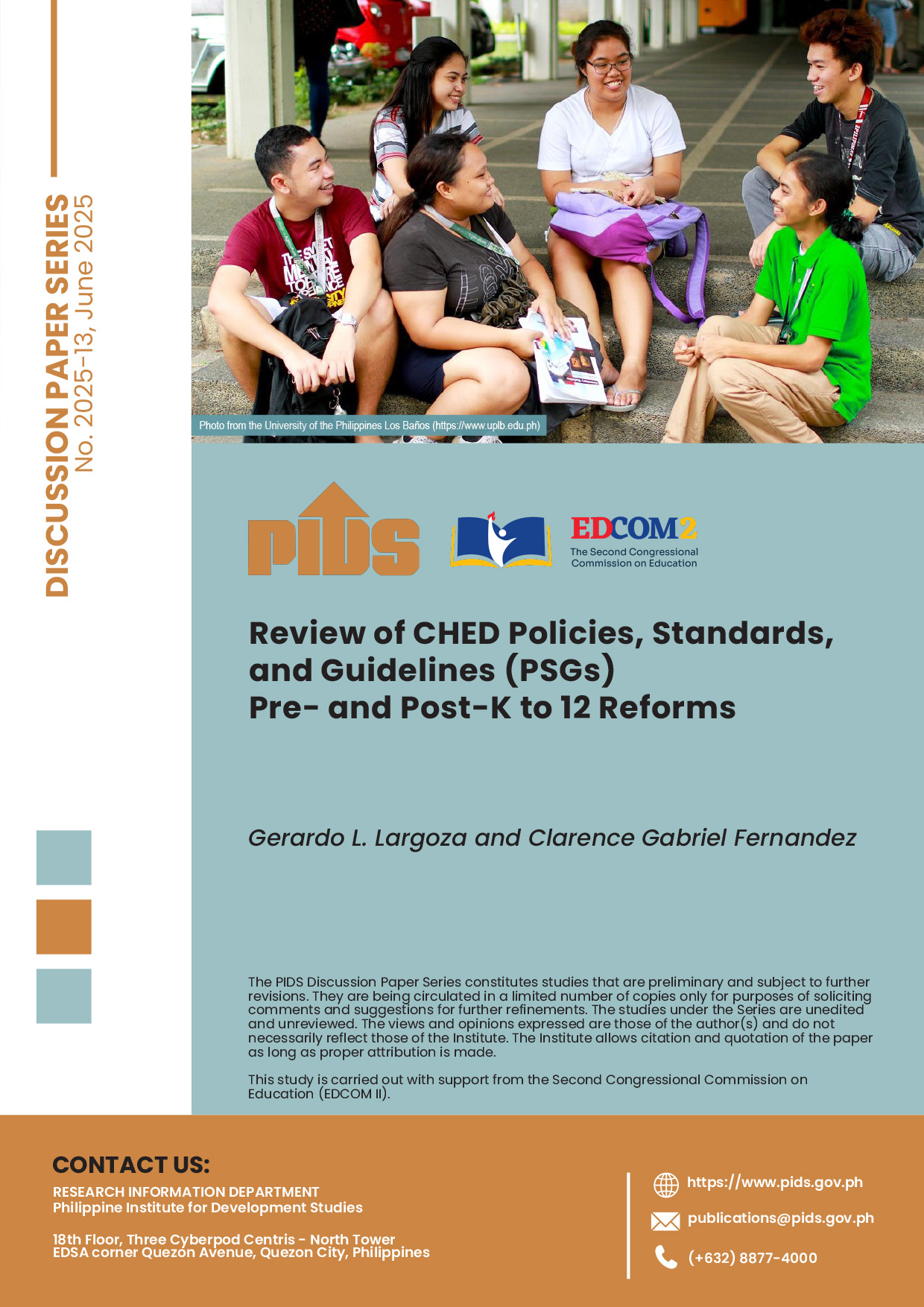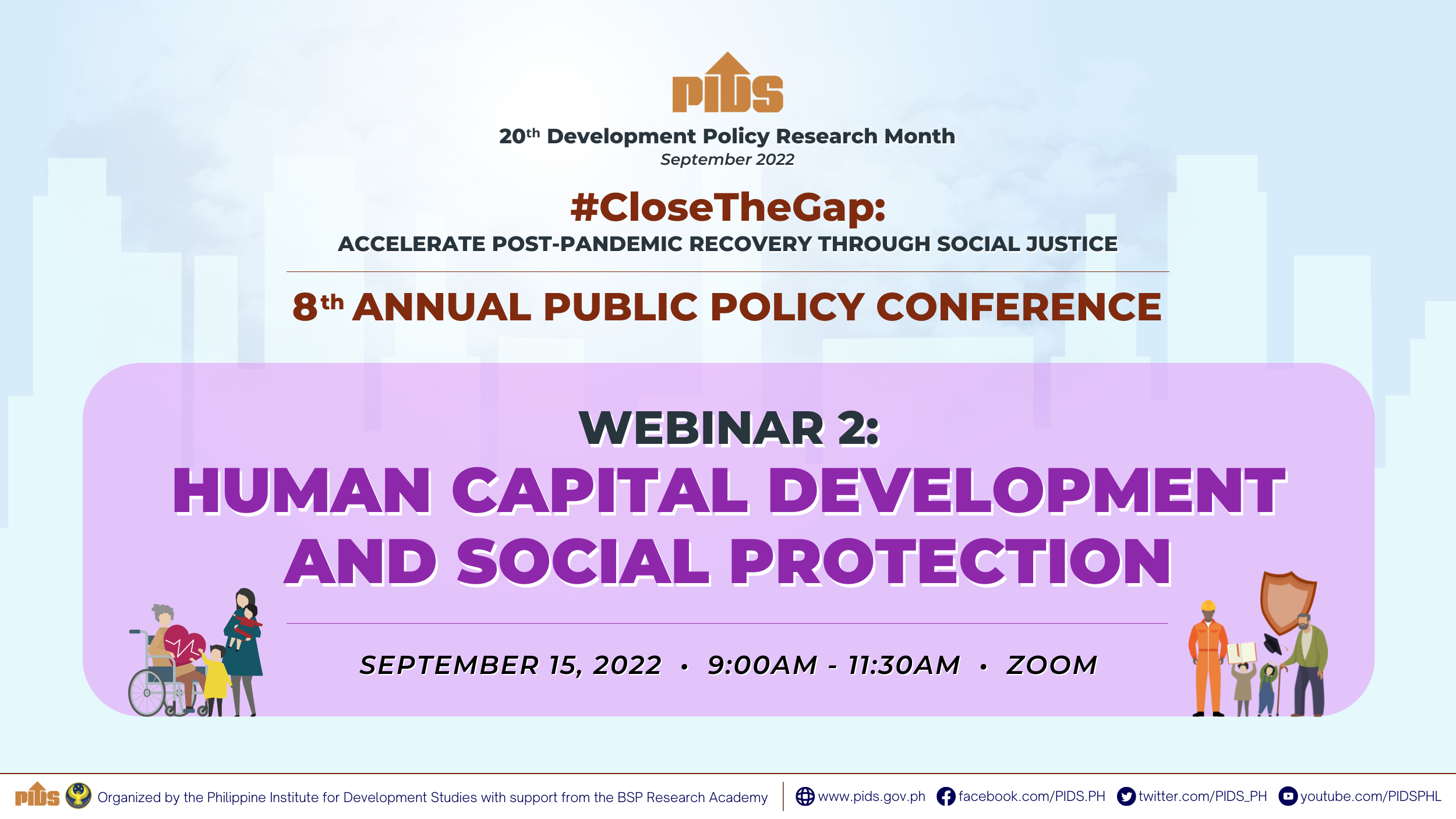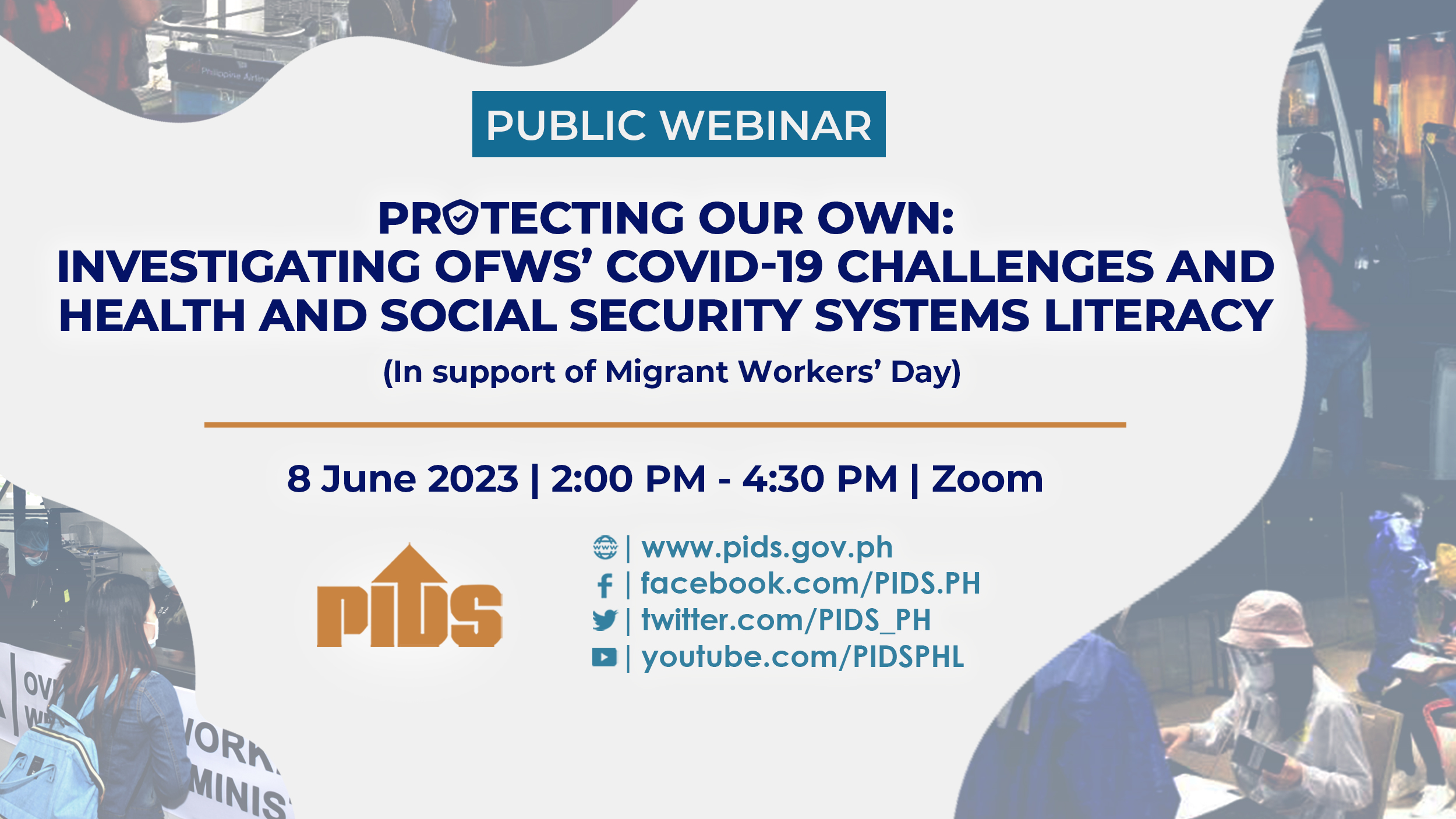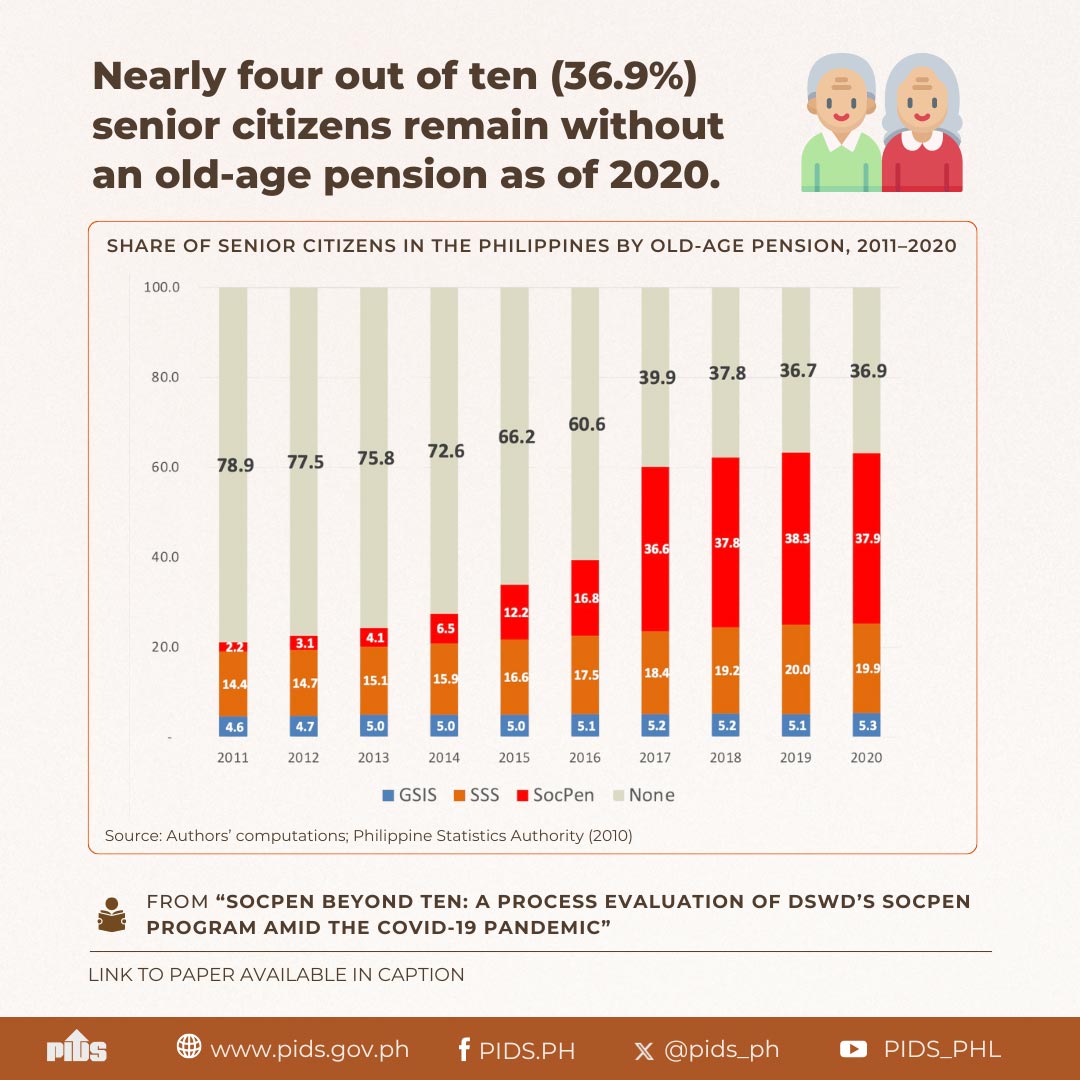Ensuring the protection of Overseas Filipino Workers or OFWs during deployment and in addressing crises like Covid-19 must be at the core of government programs and interventions.
This was the recommendation from a recent webinar held by the Philippine Institute for Development Studies in support of Migrant Workers Day.
The virtual event featured two PIDS studies that tackled issues confronting OFWs: “Filipino Migrant Workers: Looking into the Government’s Post-Covid-19 Support Mechanism” by PIDS senior research fellow Aubrey Tabuga and research analysts Anna Rita Vargas and Madeleine Louise Baino and “Scoping Study on Health and Social Security Systems Literacy of Filipino Migrant Workers in East Asia” by consultants Jocelyn Celero, Melissa Garabiles, and Evangeline Katigbak-Montoya.
P19.2B spent vs Covid
Tabuga, a coauthor of the first study, shared that the Department of Labor and Employment and the Overseas Workers Welfare Association spent P19.2 billion or 99.53 percent of the allotted fund for the Covid-19 response that benefited 493,680 and 567,974 OFWs in 2020 and 2021, respectively.
The study, which examined the government’s and nongovernment organizations’ support programs for OFWs, noted that the government’s crisis response is based on its experience from the Gulf War, Israel-Lebanon Conflict, and Arab Spring — crises in the Middle East, where most OFWs are.
While noting the good practices in these interventions, Tabuga raised the need to “step up” for OFWs. “If we excel in deploying workers overseas, which is often mentioned in various texts, we must be a good model as well in properly repatriating our migrant workers,” she said.
“Repatriation is not a simple process of bringing people back to the country but a system that relies on interrelated factors. Among others, we need adequate facilities for testing or medical care, available unhampered flights and entry into the country, functional embassies or consulates, adequate accommodation or temporary shelter, and social protection,” she explained.
Meanwhile, Celero’s and Katigbak-Montoya’s presentation highlighted that OFWs receive inadequate health and social services and have a partial understanding of the health and social security systems in the Philippines and destination countries like Japan, Hong Kong SAR, and Singapore.

